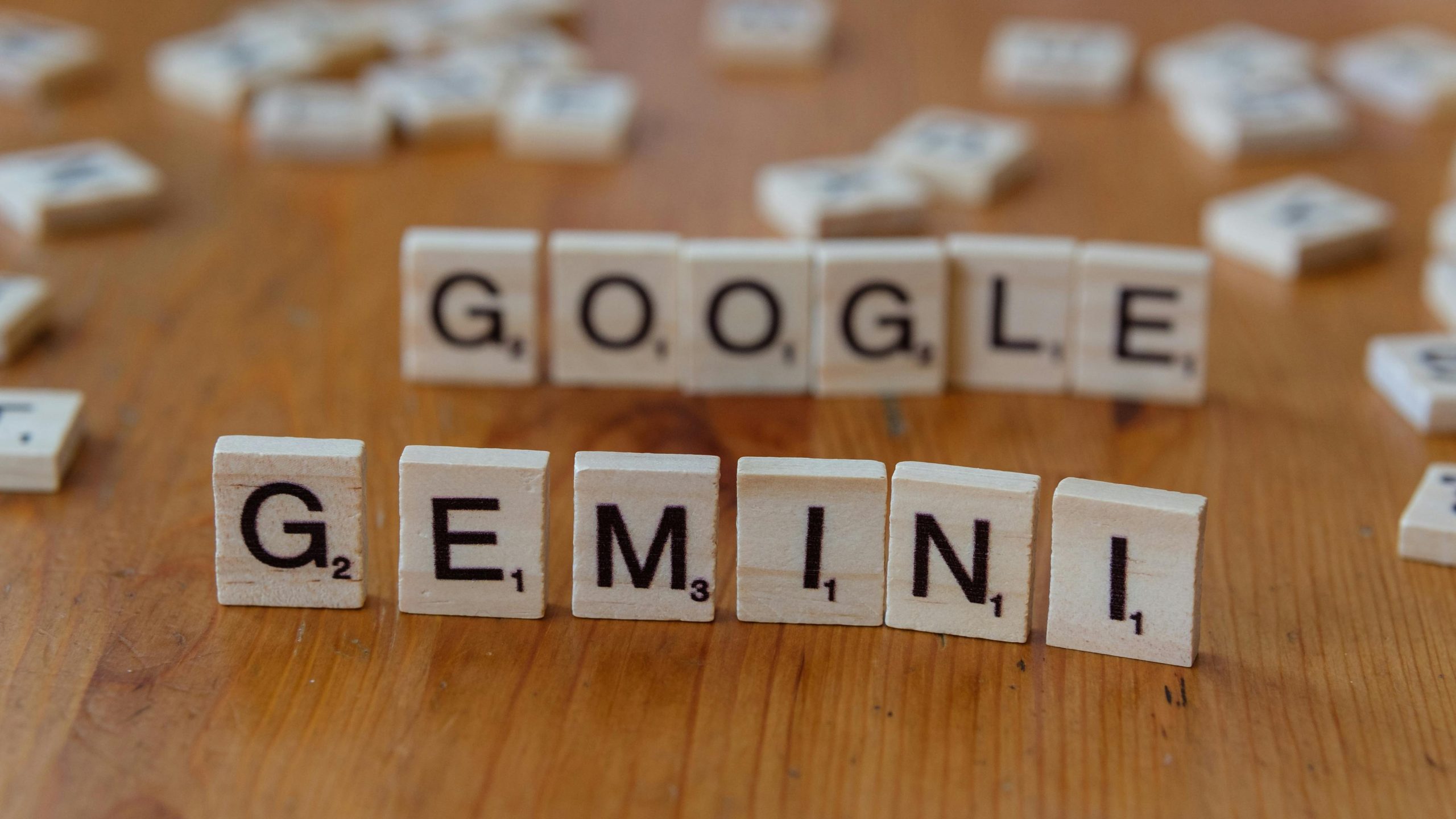I am confident that AI will not intensify the dissemination of false information.
Will Artificial Intelligence Amplify the Spread of Disinformation? A Closer Look
In recent discussions, a common concern has surfaced: that artificial intelligence (AI) might significantly accelerate the proliferation of disinformation, flooding our information ecosystems with low-quality or misleading content at scale. This fear is rooted in the idea that AI’s capacity to generate large volumes of content could overwhelm our ability to discern truth from fiction.
However, I believe this worry may be overstated. Consider how most people engage with content—be it on social media platforms, streaming services, or other digital outlets. When we set out to consume a certain type of media, our limits are naturally constrained. For example, if you spend an hour scrolling through TikTok, you’ll likely watch around 100-150 brief videos, regardless of whether some are AI-generated or human-created. Introducing AI into the mix simply increases the quantity of available content, but not necessarily the actual exposure or influence, because our consumption patterns are bounded.
The vast majority of disinformation—whether produced by humans or AI—already exists on an unimaginable scale. Given this, adding more content doesn’t drastically alter the landscape for most users; the behaviors and preferences that guide what we watch or engage with remain relatively stable. Our brain’s filtering mechanisms tend to focus on what we find most entertaining or relevant, which often includes a variety of topics such as viral cat videos, humorous falls, political debates, or other miscellaneous content. Overall, I don’t believe AI-driven content increases the proportion of disinformation we encounter in our daily feeds significantly.
It’s also worth noting that disinformation often takes more subtle forms. Sometimes, it’s embedded within edited clips or videos that don’t appear as blatant falsehoods but can still mislead viewers—think of viral videos where a political figure’s words are manipulated or taken out of context. These formats are more insidious and can be more effective because they’re less obvious than outright lies.
The potential for AI to produce doctored images or videos of public figures saying things they never did is real, but considering the sheer volume of existing misinformation and how users consume media, I believe this will not fundamentally change the impact. Human cognition and media consumption habits are resilient; the algorithms tend to serve us what we’re predisposed to engage with, and this dynamic likely remains consistent regardless of AI’s improvements.
In summary, while AI can generate convincing disinformation, I remain skeptical that it will make the problem significantly worse for the average user. Our consumption behaviors,














Post Comment